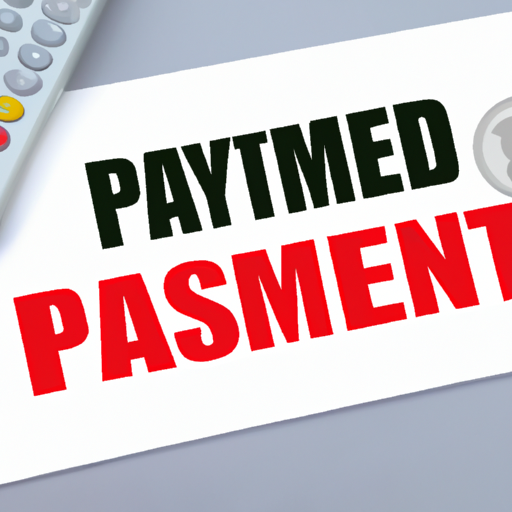In recent years, digital payments have surged to the forefront of financial transactions, reshaping how we buy and sell. As we dive into 2023, it’s evident that technological advancements and consumer behavior shifts are driving the digital payment revolution. Let’s explore the key trends and technologies that are making waves in this exciting landscape.
Understanding Digital Payments
Digital payments refer to any form of payment that is made electronically rather than with physical cash or checks. This includes contactless payments, mobile payments, and online payment systems. With rapid advancements in financial technology, more people are opting for digital solutions that offer convenience, speed, and security.
Key Trends Driving Digital Payments
1. Increased Adoption of Contactless Payments
With the rise of NFC (Near Field Communication) technology, contactless payments have become incredibly popular. Consumers prefer the ease of tapping their cards or devices to make purchases, especially in a world that values quick and efficient transactions.
2. Smartphone Payment Applications
Apps like Apple Pay, Google Pay, and various banking applications have made mobile payments ubiquitous. As smartphones become more sophisticated, they offer enhanced security features, such as biometric authentication, increasing consumer confidence in using digital wallets.
3. The Growth of E-commerce
The pandemic accelerated the shift towards online shopping, and as a result, digital payment methods have become essential for e-commerce businesses. Consumers expect seamless payment experiences that facilitate quick checkouts without compromising security.
4. Cryptocurrency and Blockchain Technology
With the growing interest in cryptocurrencies, innovative payment systems utilizing blockchain technology are on the rise. Businesses are exploring decentralized payment solutions, allowing for faster, more secure transactions without the need for intermediaries.
Benefits of Digital Payments
Adopting digital payments comes with a multitude of benefits:
- Convenience: Quick and easy transactions, available 24/7.
- Security: Advanced encryption and authentication measures help protect users.
- Tracking: Digital payments allow for better tracking of expenses and financial management.
- Global Reach: Digital payments facilitate international transactions with ease, breaking geographical barriers.
Challenges in the Digital Payment Landscape
Despite these advantages, digital payment systems are not without challenges. Issues such as cybersecurity threats, digital fraud, and technology gaps in less developed regions can hinder the growth of digital payment solutions. Continuous innovation and strong regulatory measures are essential to overcome these hurdles.
Conclusion
As we continue to embrace the benefits of digital payments, it is clear that this trend is here to stay. Businesses and consumers alike must adapt to these changes to capitalize on the many advantages that digital transactions offer. Keeping up with the latest advancements and remaining aware of potential challenges will empower both individuals and businesses to thrive in this dynamic financial ecosystem.
For more insights on digital payments and financial technology trends, stay tuned to our blog!





